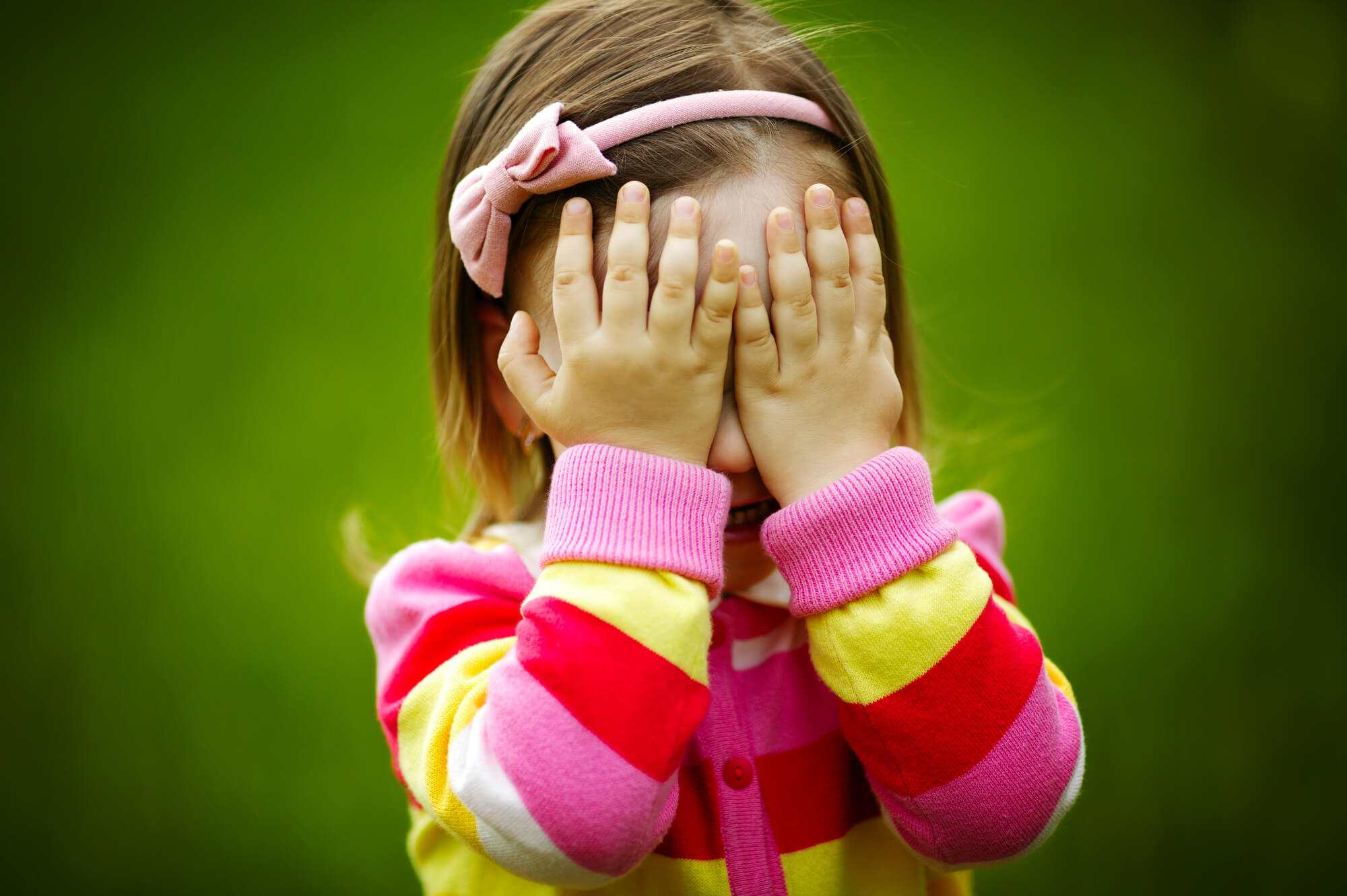As parents, we never like to see our children struggle, so things can be particularly difficult for parents of children who suffer from anxiety. Anxiety in children is similar to anxiety in adults in that there is no quick or easy fix. However, it is important to remember that some level of anxiety is perfectly normal in children. If you as a parent are struggling to help your child manage their anxiety levels, here are some helpful tips to navigate this parenting challenge.
Check your own Anxiety
Kids are intuitive. You may think you can “fake it” in front of your child, but they can sense when you yourself are anxious. Make sure you are taking time for yourself to manage your own anxiety. It is also important that you don’t reinforce your child’s fears. For example, if your child has a negative experience with a neighbour’s dog. The next time your child interacts with this dog, you may actually be more anxious about how your child respond then your child. You may unintentionally send signals to your child that they should be concerned. If you, the parent and protector, are fearful then they will naturally become fearful.
It is normal
Remember that anxiety is a normal part of childhood. Nervousness about about being away from home or starting a new school is expected, natural and even healthy for a developing child. It is your child’s way of growing their experiences, learning about boundaries and safety in their world. Don’t avoid things that your child is anxious about, the avoidance will reinforce their fear or anxiousness and can actually make it worse. Let your child get upset and experience discomfort. Allowing children to work through challenging experiences will create confidence and resilience. Only intervene when necessary.
Watch your words
You can help your child manage their expectations by not promising “everything will be perfect” or “it won’t happen again” but instead expressing your confidence in their abilities to manage the situation as well as reinforcing their safety. Help your child set realistic expectations. It is important to validate your child’s feeling and fears by allowing them to talk about their fears. Let them know that it is perfectly okay to be afraid or anxious but also emphasise your support and confidence in their abilities to get through a situation.
Questions like “are you anxious about the big test?” can actually lead your child to be more anxious. Encourage your child to talk about their feelings but watch out for questions that may be leading your child to believe that they should be nervous. Instead of “Are you nervous for the science fair?” try “How are you feeling about the science fair?”
It is important to remember that anxiety is a normal part of childhood and many children will go through phases where they are more anxious then normal. It is hard as a parent to understand if what their child is experiencing is normal or an anxiety disorder. If you start to notice your child experiencing fear, avoiding places and activities and struggling with their school or social life, it is possible that your child may be experiencing more than just a normal childhood phase. 80% of children who have a diagnosable anxiety disorder are not getting treatment. If you are concerned about your child’s anxiety level, speak to a professional about diagnosis and treatment. Book in a time to speak to a psychologist by calling us on (02) 6262 6157 or book an appointment online.
Related reading:
Dealing with Your Child’s Increasing Independence
Supporting Children During Stress
What do Children Worry About?
